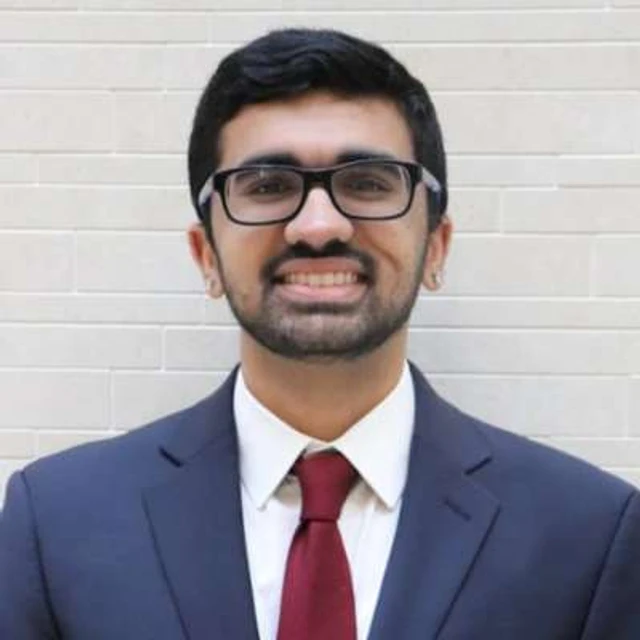
Gaurav
MD candidate
Expertise
Clinical trials/research, Observational studies, Oncology, Anticoagulation, Family Medicine, Infectious Disease, Dermatologic malignancy, Outcomes-based research

Polygence mentors are selected based on their exceptional academic background, teaching experience, and unique ability to inspire the next generation of innovative thinkers and industry leaders.

Clinical trials/research, Observational studies, Oncology, Anticoagulation, Family Medicine, Infectious Disease, Dermatologic malignancy, Outcomes-based research

Finance, Hospitality, Real Estate, General Management, Operations, Technology, Sales, Photography, Music, Sports

empathy, prosocial behavior, social psychology, developmental psychology, persuasion and influence, leadership

product design; human-computer interaction; team dynamics; design behavior; design education

Autism, developmental disabilities, trauma, child/adolescent psychology, juvenile justice system, school-to-prison pipeline, child welfare/foster care, immigrant mental health

Neuroscience - Neuroimaging, Data Analysis, Statistics, Business - Finance, Business - Consulting

physics (particle physics, biophysics), history (modern Chinese history, Soviet history, Cold War history, environmental history, intellectual history)

Classical studies (Latin and Greek language and literature), Greek and Roman archaeology, Greek and Roman history, art history, history of architecture, US history, world history, creative writing

medicine, obstetrics and gynecology, psychiatry, social determinants of health, health equity, first-generation student outcomes in graduate school, first episode psychosis, mental illness

Disability History, Transatlantic History, Quaker History, American Religious History, History of Mormonism, 19th-century American History, History of the Built Environment, Architectural History, History of Transatlantic Slavery, US History, European History, Cultural History, Pop Culture History

Architecture, Urban Design, Urban Development, Architecture Competition, Graphics, Digital Arts